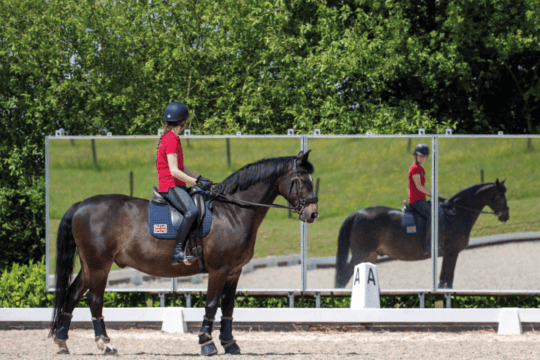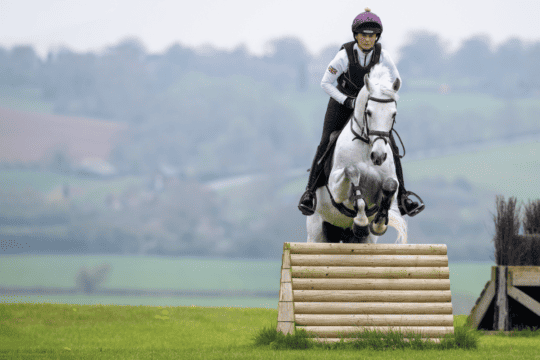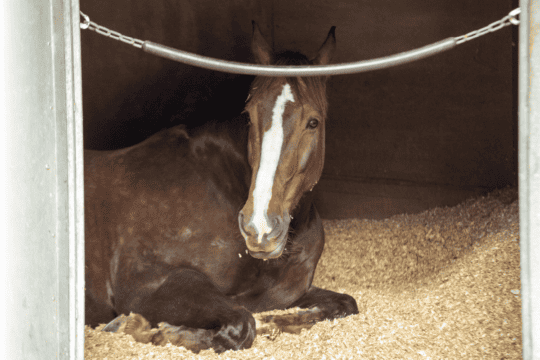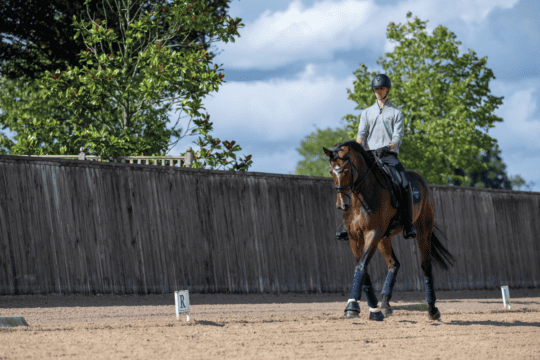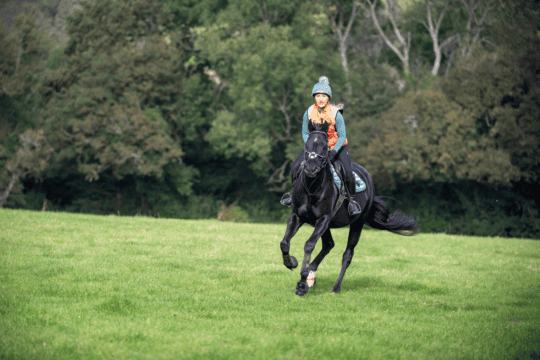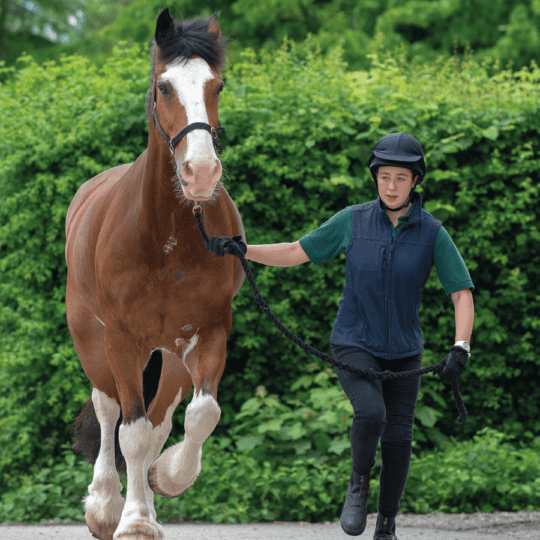Sleeplessness
Posted 10th September 2019
We all know the ill effects of a poor night’s sleep, but what happens when your horse catches too few zeds? Anna Haines explains
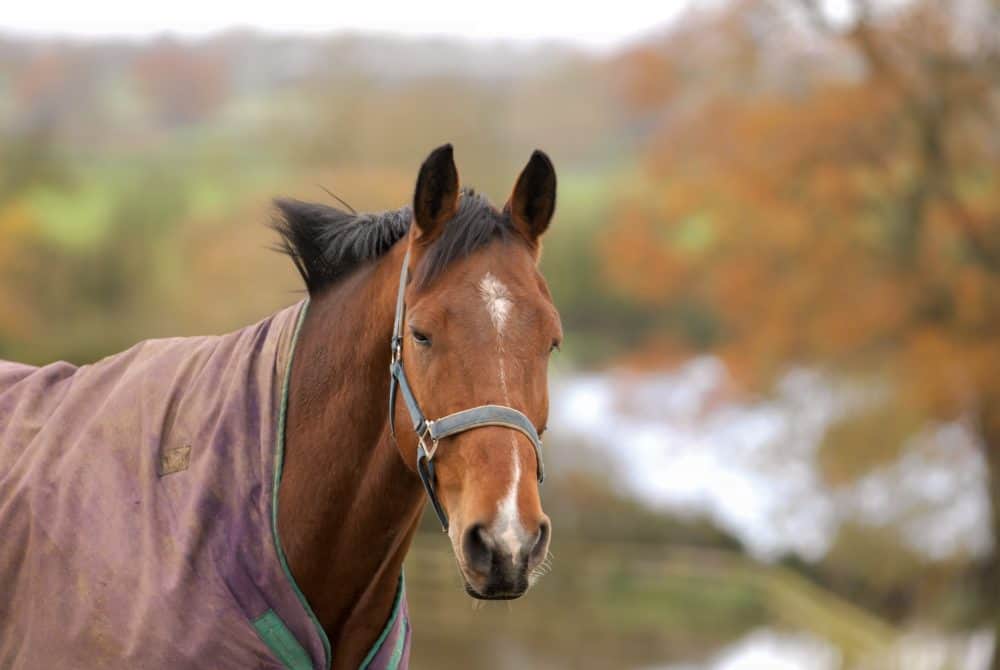
A good night’s sleep is vital for our health and wellbeing. The same is true of our horses, yet sleep is a seldom talked-about topic and one that many of us barely give a second thought to. However, sleep deprivation in horses can lead to poor performance, injury and behavioural issues. Fortunately, there’s plenty you can do to ensure your horse’s environment is conducive to rest and help him sleep easy, night after night.
Did you know?
On average, horses require between two and four hours sleep per day, but not in one go. Your horse’s sleep is polyphasic, meaning he sleeps in short bouts of typically 15–20 minutes at a time throughout the day and night, although most of his sleep will occur overnight.
The science of equine sleep
There are three phases to equine sleep – light sleep, slow wave or deep sleep, and rapid eye movement (REM) sleep. There’s a long-standing myth that horses don’t need to lie down to get enough sleep, but this is only partly true.
Your horse is able to gain the first two phases of sleep standing up, thanks to the stay apparatus in his hindlegs. This incorporates a hook in his stifle, which can lock over a ridge on his femur to make his whole hindlimb fixed and rigid, allowing him to remain upright with minimal muscular effort.
REM sleep is when your horse appears to be dreaming – his legs, ears and facial muscles may move and he may even make vocalisations. He’s unable to achieve this without laying down, usually flat out on his side, although it’s also possible with his body upright and legs folded, provided his head’s able to rest on the floor.
How do I tell?
If horses either refuse or are physically unable to lie down, they can’t achieve REM sleep, and recumbent sleep deprivation occurs.
Horses suffering from recumbent sleep deprivation may also demonstrate behaviour problems. If your horse loses out on REM sleep, his vigilance levels will be affected, meaning he might be unusually reactive to his surroundings and more difficult to manage. This may manifest in anxiety, barginess or spookiness, or he may become disinterested in his surroundings.
For more information on how to tell if your horse is getting enough sleep, pick up a copy of November Horse&Rider, on sale 19 September.


